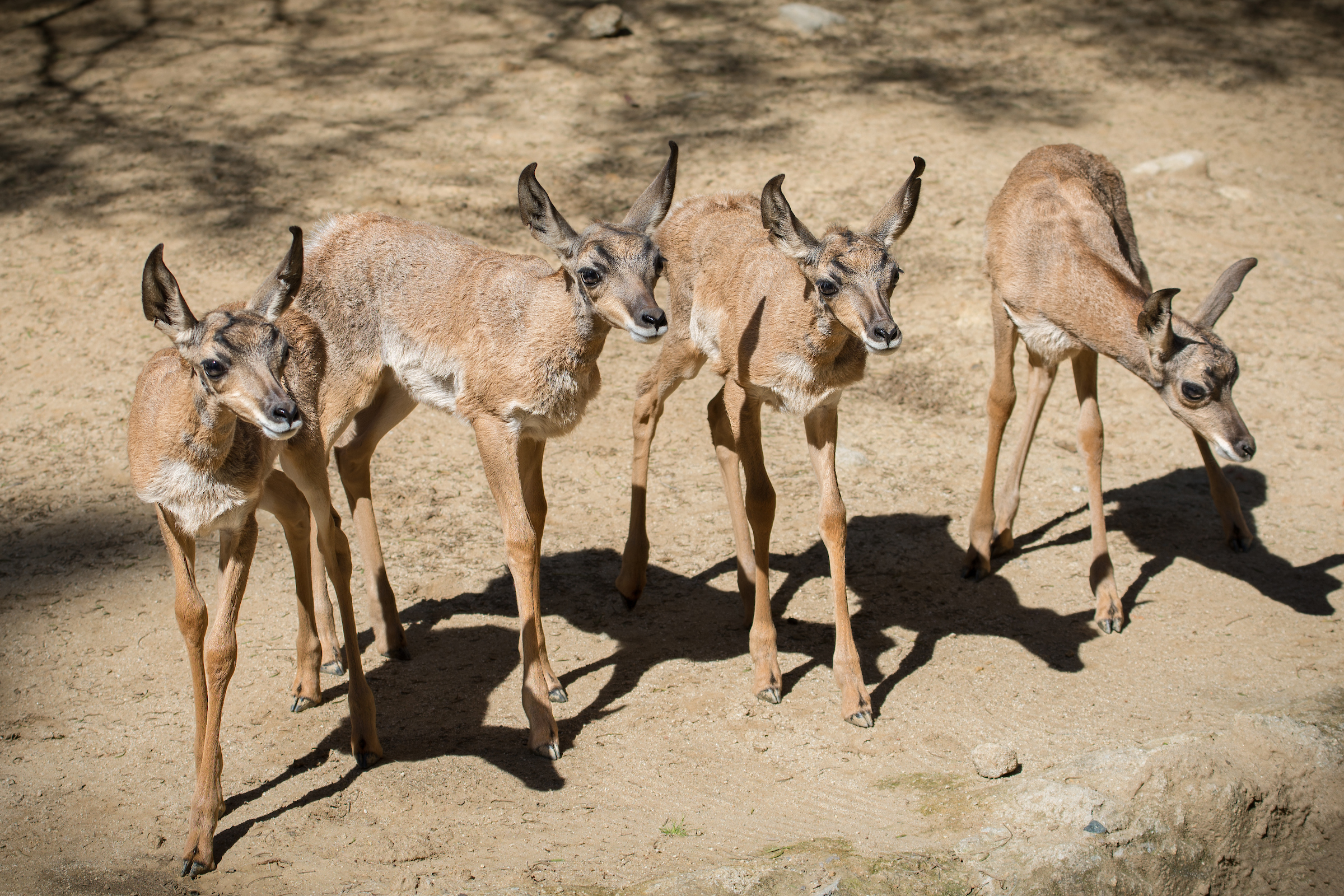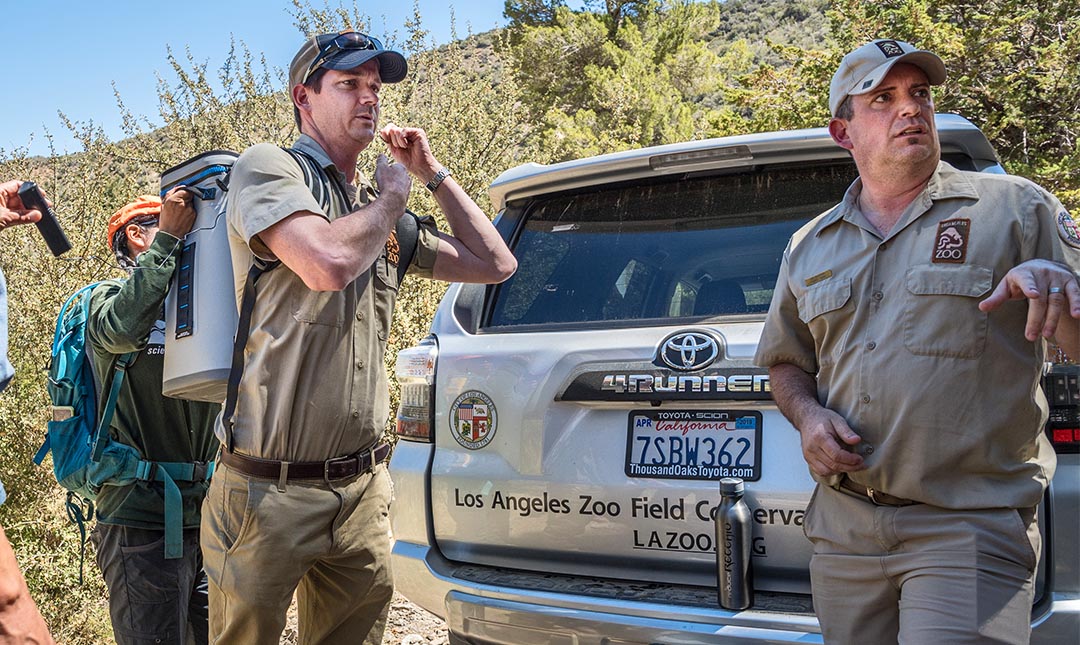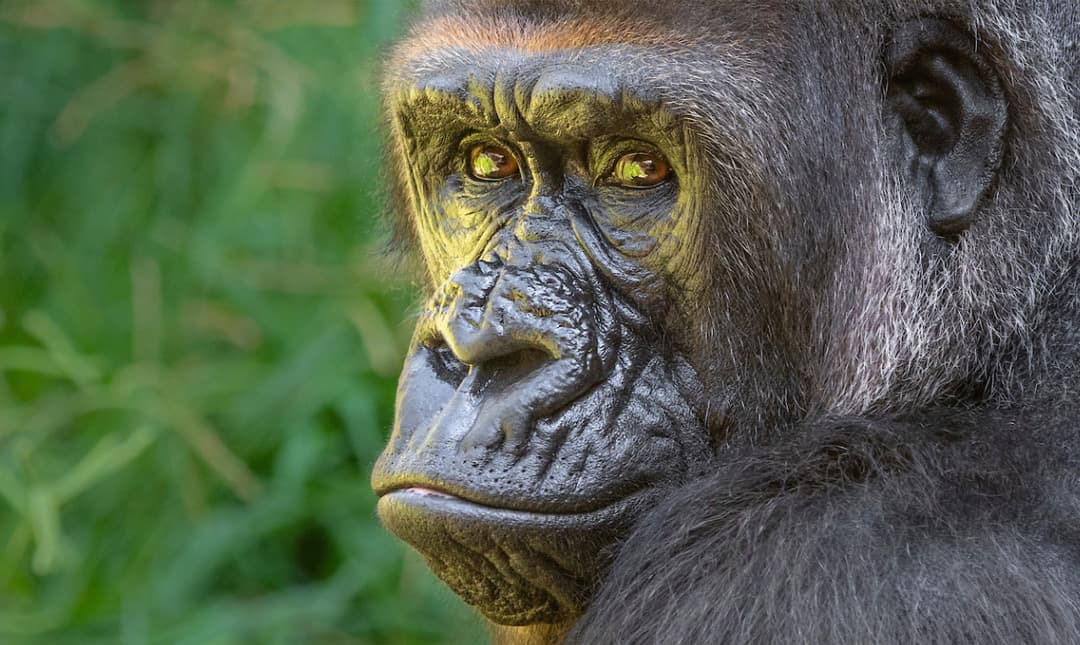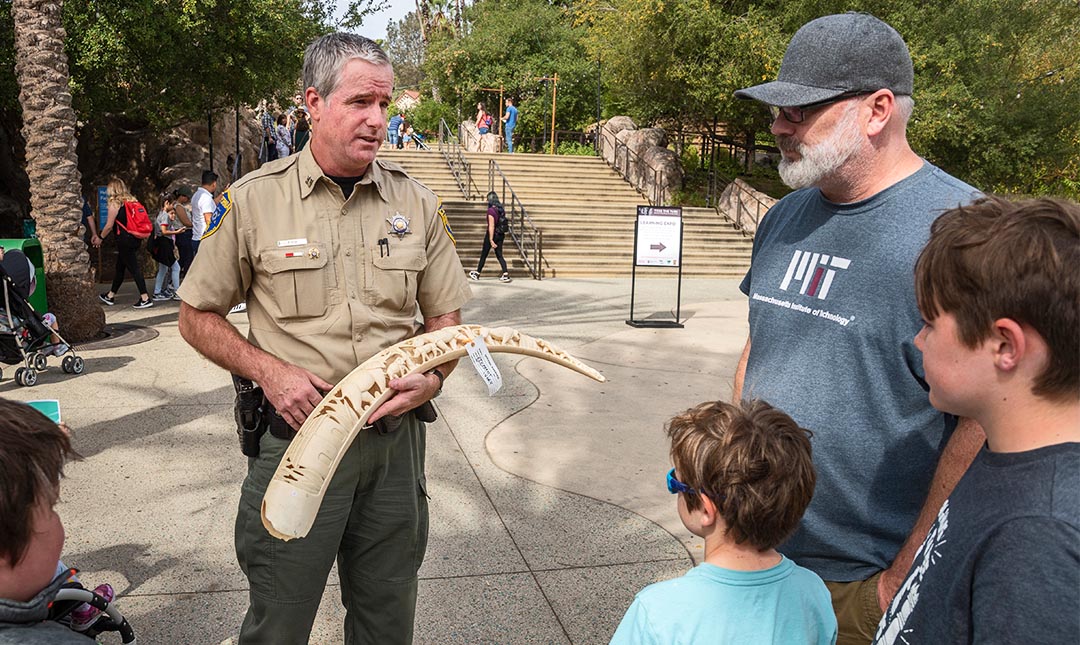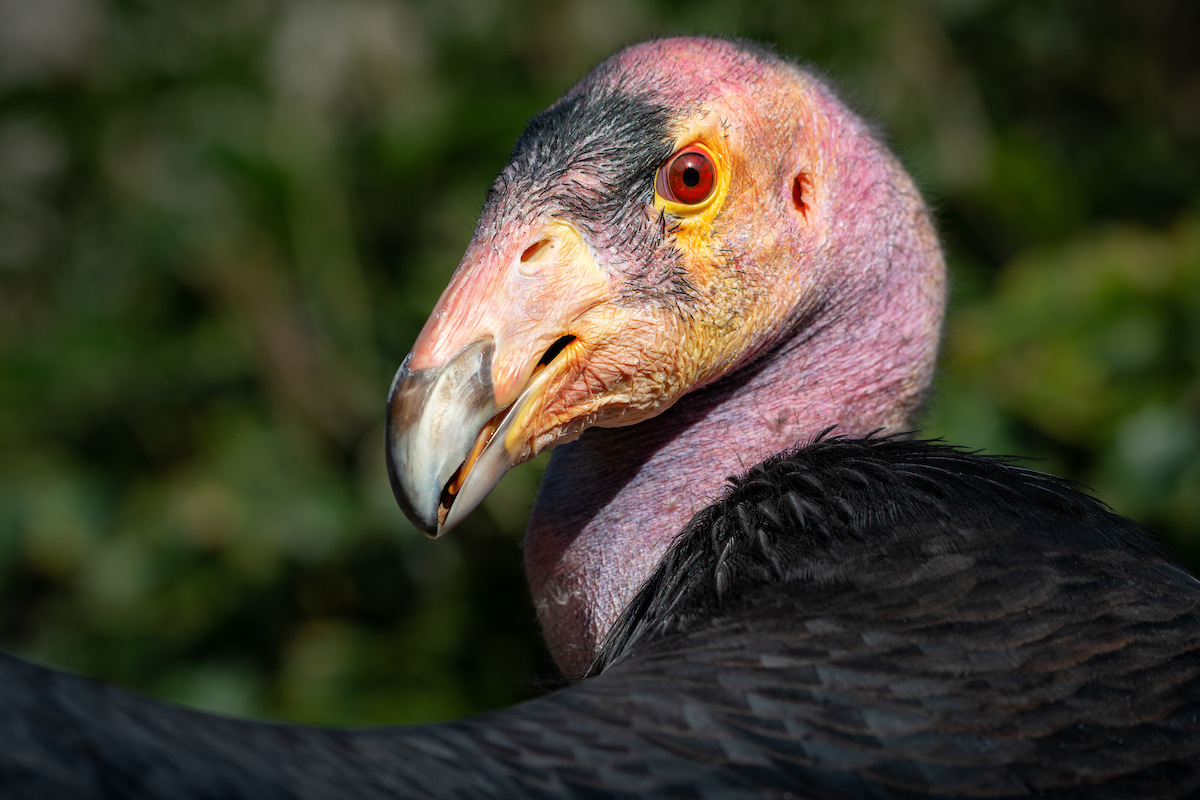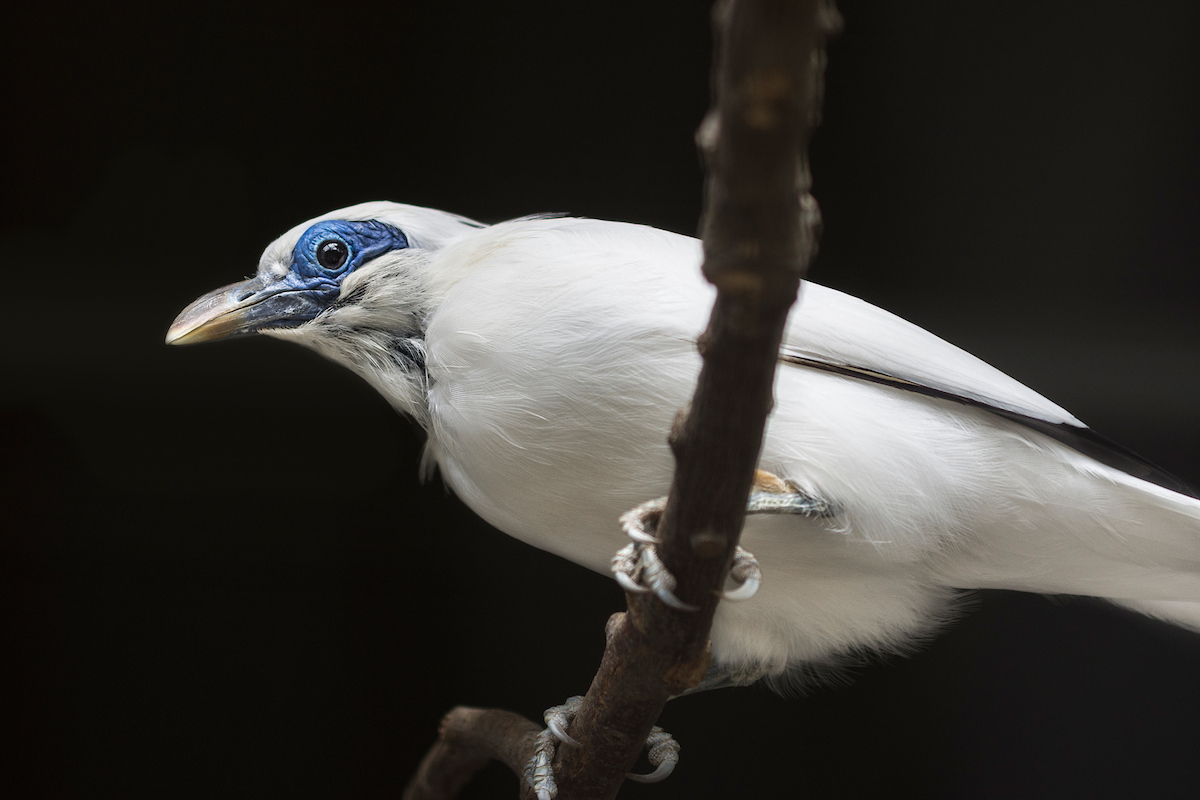Actions We Take
Modern accredited zoos are uniquely equipped to tackle conservation challenges. Our multifaceted, integrated efforts encompass the animals in our care; the communities we inspire; the fieldwork we support; and the data, insights, and expertise we contribute to the global knowledge base focused on saving species.

